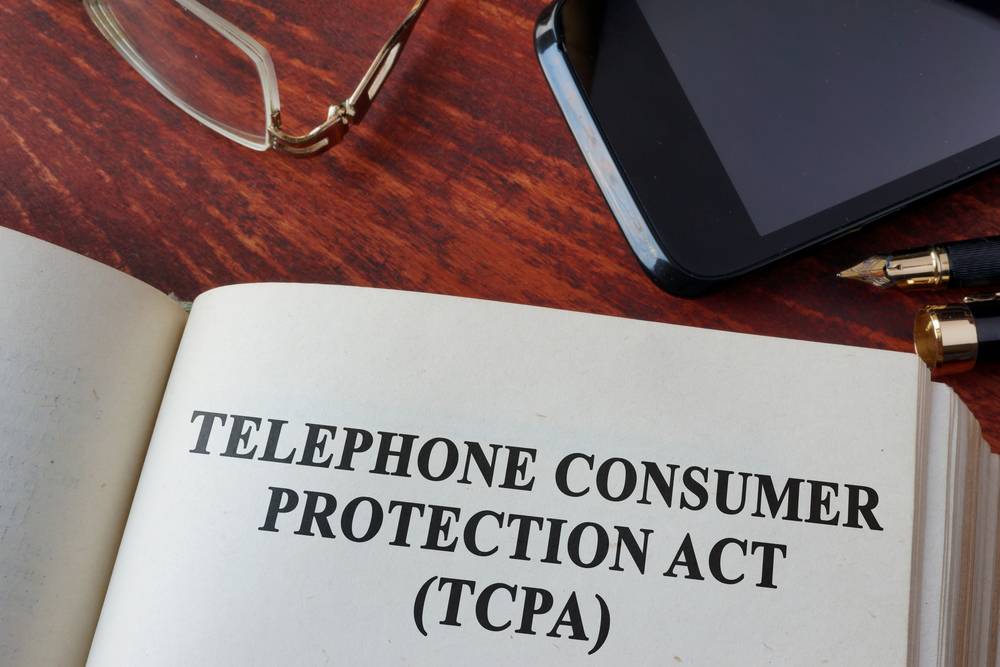The Robocall Reckoning Is Here
Florida is becoming ground zero for Telephone Consumer Protection Act (TCPA) and Florida Telephone Solicitation Act (FTSA) litigation. With explosive growth in class action filings and major court decisions shaping the rules, both consumers and trial lawyers must understand how these laws work—and how they’re evolving.
What’s Changed: From TCPA to FTSA
The TCPA has been on the books for over 30 years, but the rise of texting, apps, and automated dialers has kept it at the forefront of consumer protection. Florida’s FTSA, revamped in 2021 and again amended in 2023, has created a new cause of action for unwanted texts and calls, even if an autodialer isn’t used. That makes Florida one of the most plaintiff-friendly venues for these cases.
Recent Rulings: Lessons from the Charmin and Sharfman Cases
In the Middle District of Florida, the court recently denied class certification in Sharfman M.D.P.A. v. Precision Imaging, holding that variations in consumer consent defeated both typicality and adequacy under Rule 23. The ruling emphasized the importance of understanding whether recipients gave ‘prior express permission’—a defense that often splinters a class into individual inquiries. Meanwhile, in federal courts across Miami, judges are scrutinizing class definitions, consent logs, and the sufficiency of notice mechanisms under both TCPA and FTSA.
Common Defenses—and How to Prepare for Them
Defense attorneys often assert:
- The consumer gave prior express consent.
- The number dialed was for business use (not residential).
- The messages were transactional, not promotional.
- The recipient opted in via a lead form or third-party site.
Plaintiffs must be ready with strong documentation: screenshots, call logs, screenshots of texts, timestamps, and proof of revocation or lack of consent. Standing and typicality remain two of the biggest obstacles in class certification, so case selection and fact development are critical.
Why Privacy Rights Matter More Than Ever
These laws exist to protect the sanctity of your phone—your time, attention, and personal space. Yet many companies still violate them, relying on outdated consents, aggressive marketing vendors, or simple disregard of the law. TCPA and FTSA litigation is not about technicalities—it’s about dignity, boundaries, and accountability.
Conclusion: Plaintiffs Must Be Precise, but Bold
The law is on the books. The violations are ongoing. And the courts are watching. With the right facts, clean class reps, and strategic litigation, plaintiffs can continue to bring justice for robocalls, hold corporate offenders accountable, and restore control to consumers.


